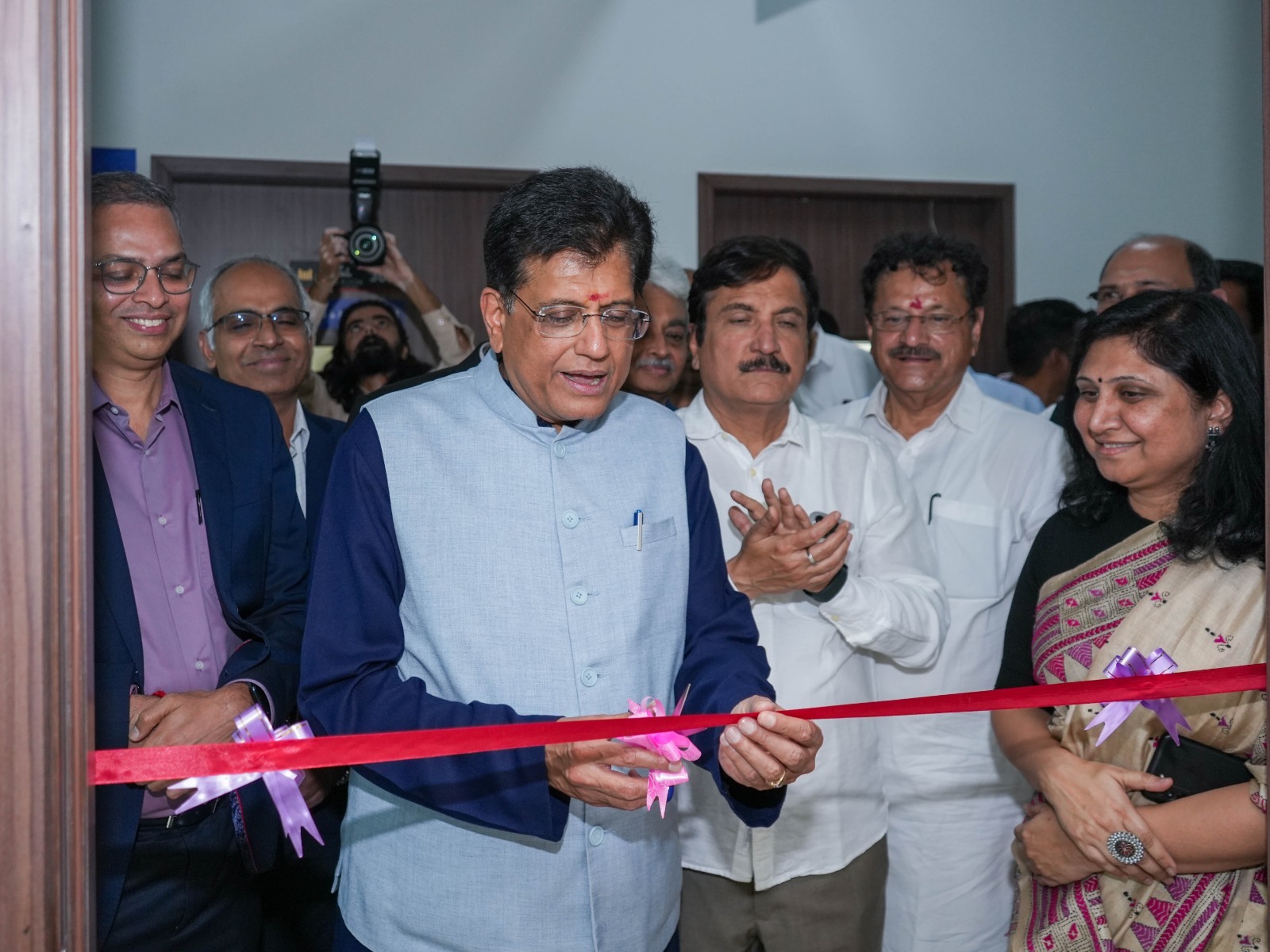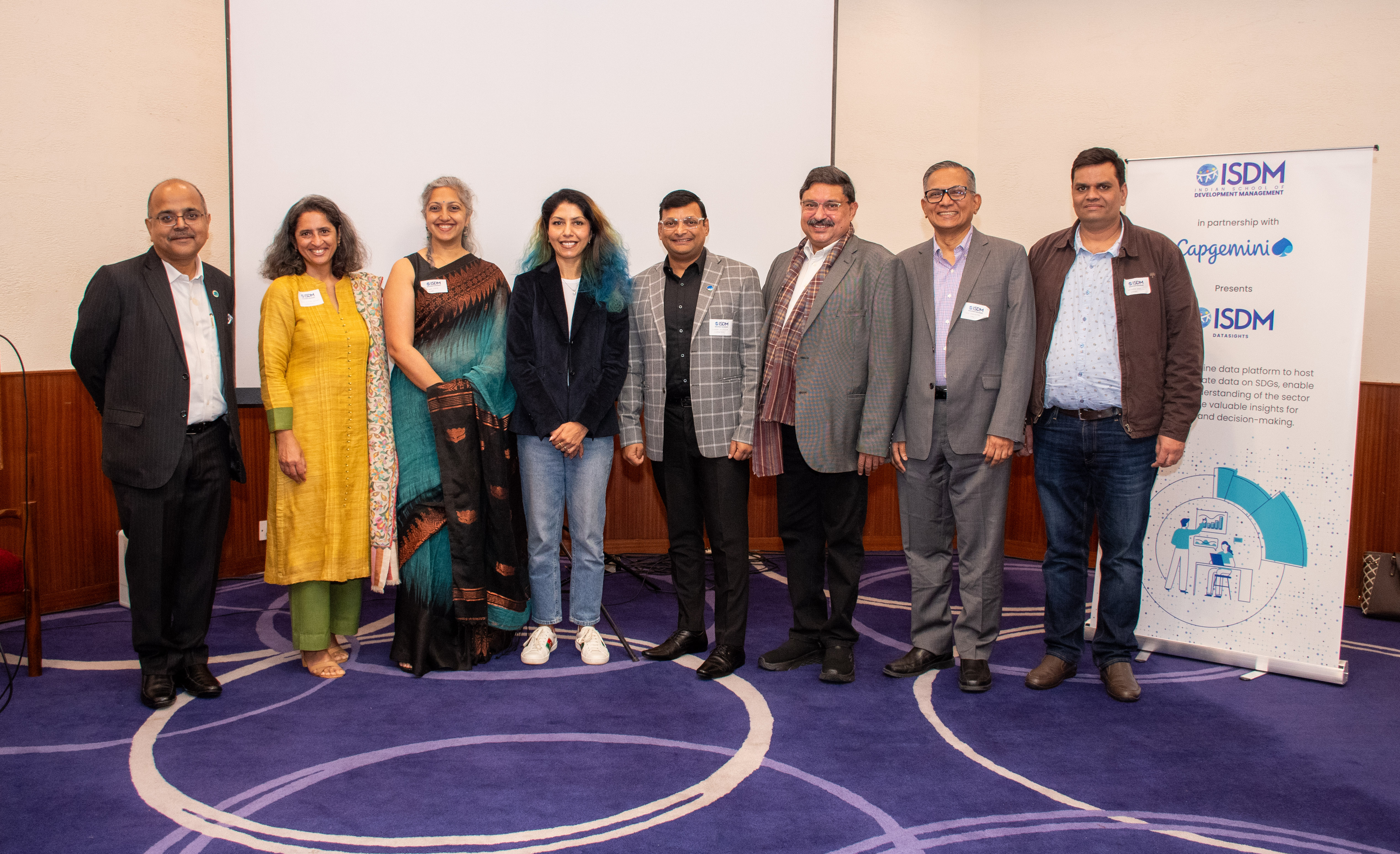Back to the Admission Listing
Post a Admission announcement
Advertise with us

Subscribe our Weekly Newsletter
More Admissions
---------------------------------------------
Institute Name:
Apply By: 01 Jan 1970
Latest Online Store
Latest Tenders And EOIs
Latest News
© Renalysis Consultants Pvt Ltd








.jpg)
.jpg)


![Applications Open for Post Graduate Diploma in Management – Agri Business & Management [PGDM-ABM] Programme](./admission/67bbe17e2a50f.png)













